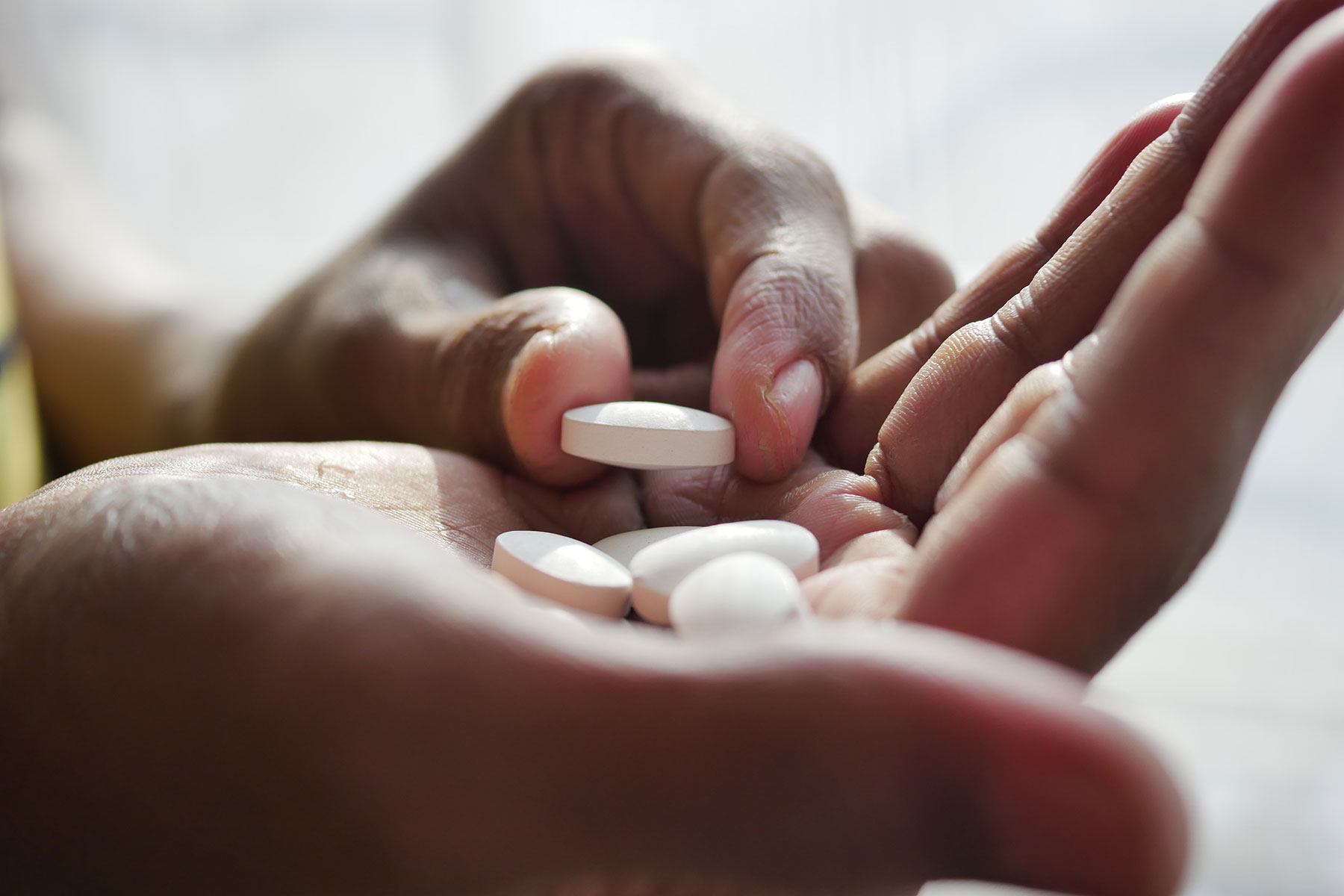Addiction has a way of taking over your life, leaving you with feelings of hopelessness, helplessness, and despair. That’s why addiction treatment is essential for recovery. Individuals in recovery need support to overcome their addiction and the underlying issues that contributed to their addiction. Among the various forms of treatment available, individual therapy is an essential part of addiction treatment. While group sessions may provide support and peer accountability, individual therapy allows for personalized attention and the opportunity to work through underlying issues in a private setting.
Colorado Medication Assisted Recovery offers individual therapy in Colorado that supports patients as they work toward recovery. Call 833.448.0127 today to get started.
How Does Individual Therapy for Addiction Support Recovery?
Individual therapy, also known as talk therapy or counseling, is a form of mental health therapy that focuses on the mental and emotional aspects of addiction. This form of therapy helps people in recovery to identify the underlying causes and triggers of their addiction and develop coping skills to manage cravings, stress, and emotions. Individual therapy involves one-on-one sessions between the individual and a licensed therapist who specializes in addiction treatment.
One-on-one sessions provide a safe, non-judgmental space where patients in recovery can share their experiences, emotions, and thoughts without the fear of being stigmatized or misunderstood. A skilled therapist can help individuals in recovery identify their negative thought patterns, behaviors, and emotions that contribute to their addiction and develop healthier coping mechanisms.
What to Expect in Individual Therapy
Individual therapy sessions typically last 45-60 minutes and occur on a regular schedule, usually weekly or bi-weekly. The therapist will first conduct an assessment of the individual’s addiction and medical history and develop a treatment plan customized to their specific needs. The treatment plan may include various evidence-based therapies such as cognitive-behavioral therapy (CBT), dialectical behavior therapy (DBT), motivational interviewing, and mindfulness-based therapy.
In individual therapy sessions, people in recovery may discuss their past experiences, current challenges, goals, and progress toward recovery. They may also receive feedback, guidance, and support from the therapist. The therapist may teach relaxation techniques, stress management, and healthy coping skills to help individuals in recovery manage their addiction and improve their mental health.
The Benefits of Individual Therapy for Addiction
Individual therapy is a vital part of addiction treatment. Here are a few of the benefits of individual therapy for addiction:
- Provides a safe, non-judgmental space for individuals in recovery to express their feelings and thoughts without fear of stigma
- Helps individuals in recovery to identify the underlying causes of their addiction and develop healthier coping mechanisms
- Offers personalized treatment plans tailored to the unique needs of the individual
- Provides a supportive, collaborative partnership between the individual and therapist
- Helps individuals in recovery to cope with triggers and manage cravings
- Provides an opportunity for individuals in recovery to receive feedback, guidance, and support from a licensed therapist
- Teaches stress management, relaxation techniques, and healthy coping skills
- Helps improve overall mental and emotional well-being
No matter where you are on your journey to recovery, individual therapy can help you progress toward a healthier, happier life free of addiction.
Call Colorado Medication Assisted Recovery Today
Individual therapy for addiction is an essential component of addiction treatment. At Colorado Medication Assisted Recovery, we offer individual therapy as part of our comprehensive addiction treatment program. We understand that addiction recovery is a journey that requires support, guidance, and understanding. Our licensed therapists specialize in addiction treatment and provide customized treatment plans tailored to your unique needs. Contact us today by calling 833.448.0127 or reach out online to learn more about how individual therapy can support your recovery journey.


























